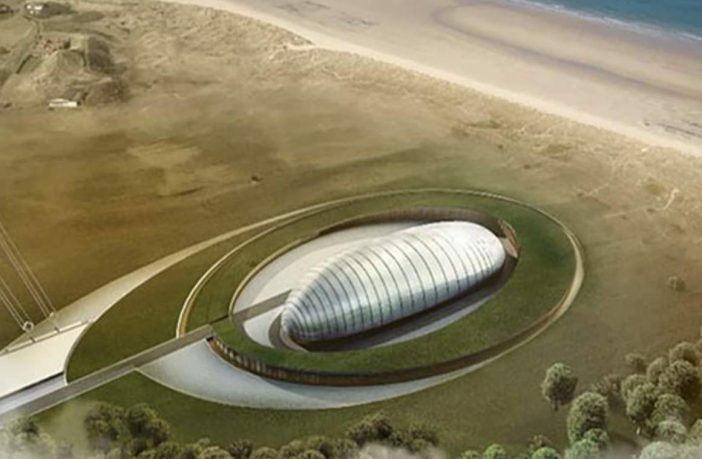- It is time for action if countries around the world are to meet their decarbonisation and energy security policy goals.
- Nuclear energy can play a key role in meeting these objectives—if the cost of new nuclear build is economic.
This is according to the Nuclear Energy Agency (NEA), pointing out that governments could support the rapid reduction in the costs of new nuclear capacity by creating policy frameworks that capture and apply the hard-won industrial capabilities developed in recent years.
In its new report Unlocking Reductions in the Construction Costs of Nuclear: A Practical Guide for Stakeholders, NEA focuses on potential cost and project risk reduction opportunities for contemporary Gen‑III reactor designs that could be unlocked in the short term and that are also applicable to small modular reactors (SMRs) and advanced reactor concepts for deployment in the longer term.
“Our analysis verifies that high costs and project schedule overruns are not an inherent characteristic of nuclear technology, but are a reflection of weak supply chains and a lack of recent nuclear construction experience in western OECD countries. Nuclear energy can make substantial contributions to both the post-COVID 19 economic recovery and the world’s long term environmental goals if costs are in line with market needs. Our new report provides compelling evidence for highly achievable pathways to dramatic cost reduction in nuclear new build,” said NEA Director-General William D. Magwood IV, at the report’s online launch.
Magwood added: “Cost reductions are already taking place in some parts of the world, and higher levels of industrial and regulatory harmonisation could bring additional long term benefits. Industry still has much to do, but the leadership and timely action by governments is essential.”
Nuclear energy cost reduction opportunities
The study identifies longer-term cost reduction opportunities associated with the harmonisation of codes and standards and licensing regimes.
It also explores the risk allocation schemes and mitigation priorities at the outset of well-performing financing frameworks for new nuclear that require a concerted effort among government, industry and the society as a whole.
“For those countries that wish to include the nuclear option in their electricity mix, there is a clear window of opportunity to support significant near‑term cost reductions and increase the predictability of large nuclear projects by leveraging on lessons learnt from past projects,” said Mike Middleton, Practice Manager for Nuclear at Energy Systems Catapult, and Chair of the NEA Ad hoc Expert Group on Reducing the Costs of Nuclear Power Generation (REDCOST), which took the lead in preparing the report.
Middleton: “Every new project is an opportunity to improve the constructability of the design, refine the associated delivery processes and reduce perceived construction risks.
The NEA report identifies eight cost‑reduction drivers that can be exploited at different stages of nuclear construction. These include government support for robust and predictable market and financing frameworks, as well as policy support mechanisms for design maturity and regulatory stability.
Implementing these cost‑reduction drivers should also attenuate the technological, organisational and regulatory risks associated with new nuclear plant deployment.
Read the full Unlocking Reductions in the Construction Costs of Nuclear: A Practical Guide for Stakeholders report
Author: Babalwa Bungane

Babalwa Bungane is a content creator/editor for ESI Africa – Clarion Events Africa. Babalwa has been writing for the publication for five years. She has a great interest in social media due to its advantage of disseminating content.
This article was originally published on ESI Africa and is republished with permission with minor editorial changes.











